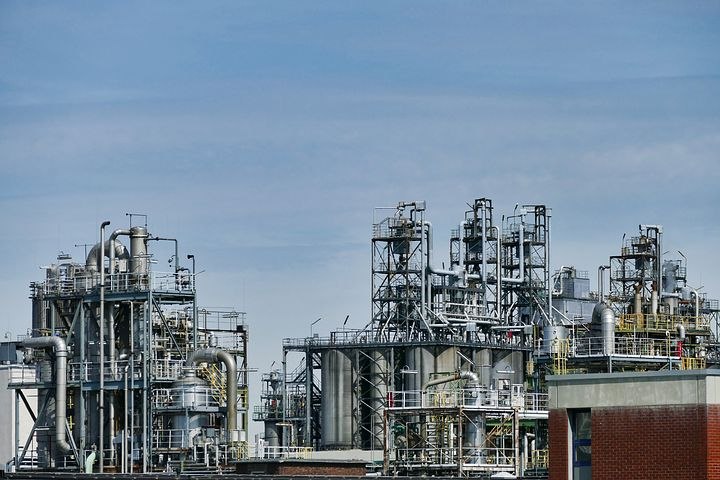Economic adviser to the Ukrainian president, Oleg Ustenko, has called on Shell and Vitol to commit to a deadline by which they will stop trading in “petroleum products of Russian origin” to reduce Moscow’s income and ability to finance the war in Ukraine, the Guardian reports.
The EU has been enforcing a ban on Russian crude oil imports by sea since December 5, the same day the G7 countries capped the price of Russian oil at $60 a barrel. Since February 5, the European ban also extends to refined products like diesel and fuel oil.
Turkish and Indian refineries have increased their imports from Russia since the start of the war. Shell and Vitol have been accused of ensuring Russian oil enters through the back door and is re-exported worldwide. The non-profit organization Global Witness reported that since December 5, Shell had imported more than 600,000 barrels of refined products into Holadni from Turkish refineries known to import Russian oil.
Vitol, the world’s largest independent energy trader, has procured 2.77 million barrels from Turkish refineries over the past year for onward delivery to Cyprus, Latvia, and the Netherlands. The company Vitol announced in April last year that it “intends to stop trading in crude oil and products of Russian origin.”
Consequence of sanctions or response to sanctions?
According to data from Russia, last year, the companies there performed the most drilling in their oil fields in more than 10 years. Russia’s oil production activity has shown little sign that international sanctions or the departure of some major Western firms have directly harmed their operations.
That helps explain how the country’s oil manufacturing bounced back last year even as the EU put further restrictions on its exports. The Business Solutions and Technologies Research Center, formerly the Russian subsidiary of Deloitte & Touche LL, estimates that “the industry continues to operate largely as before,” as Moscow has retained most of the competition, assets, and technologies in the field of oil services.
















